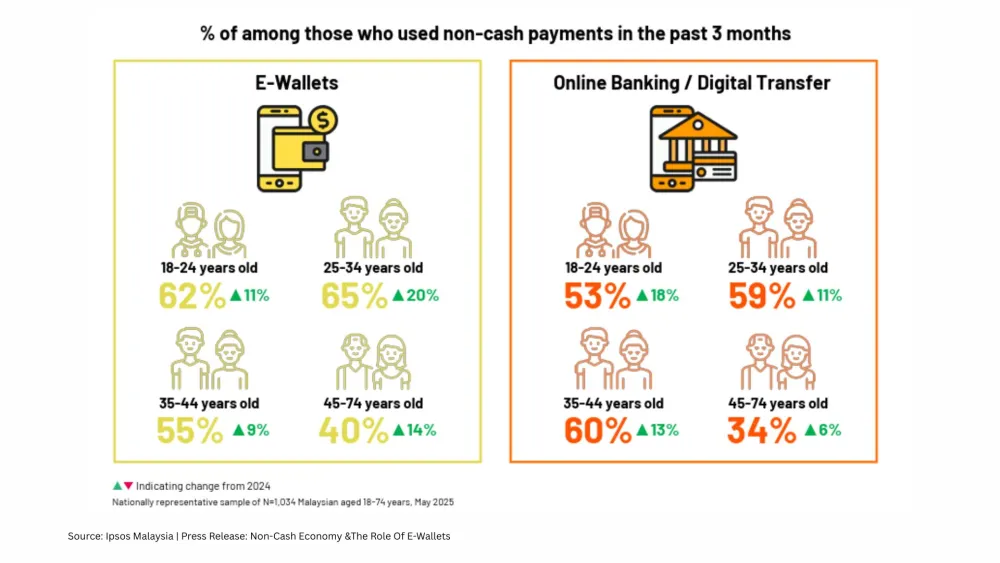
Philippine remittances up 3.7% to $2.88b in May
Cumulative personal remittances rose by 3% during the month.
Personal remittances from Overseas Filipinos (OFs) rose by 3.7% to $2.88b in May, according to central bank data.
There was an increase in remittances from land-based workers with work contracts of one year or more, and sea and land-based workers with work contracts of less than one year.
Cumulative personal remittances for the January to May 2024 period has risen by 3% to $14.89b, compared to $14.46b in January to May 2023.
Cash remittances through banks amounted to $2.58b in May, 3.6% higher than a year ago, due to a growth in receipts from both land- and sea-based workers.
By market, the growth in cash remittances from the US, Saudi Arabia, and Singapore contributed to the higher remittances.
The US recorded the highest share of overall remittances during the period, followed by Singapore and Saudi Arabia.



















 Advertise
Advertise














